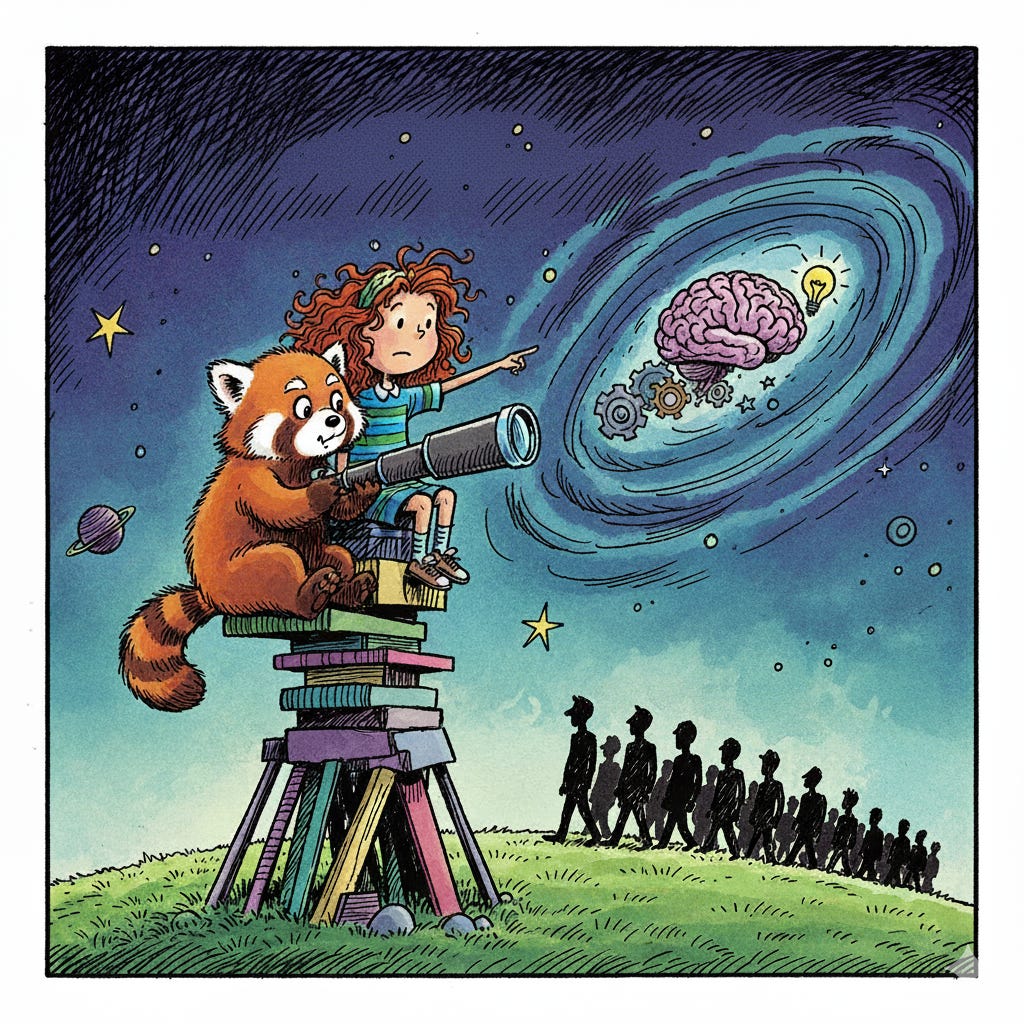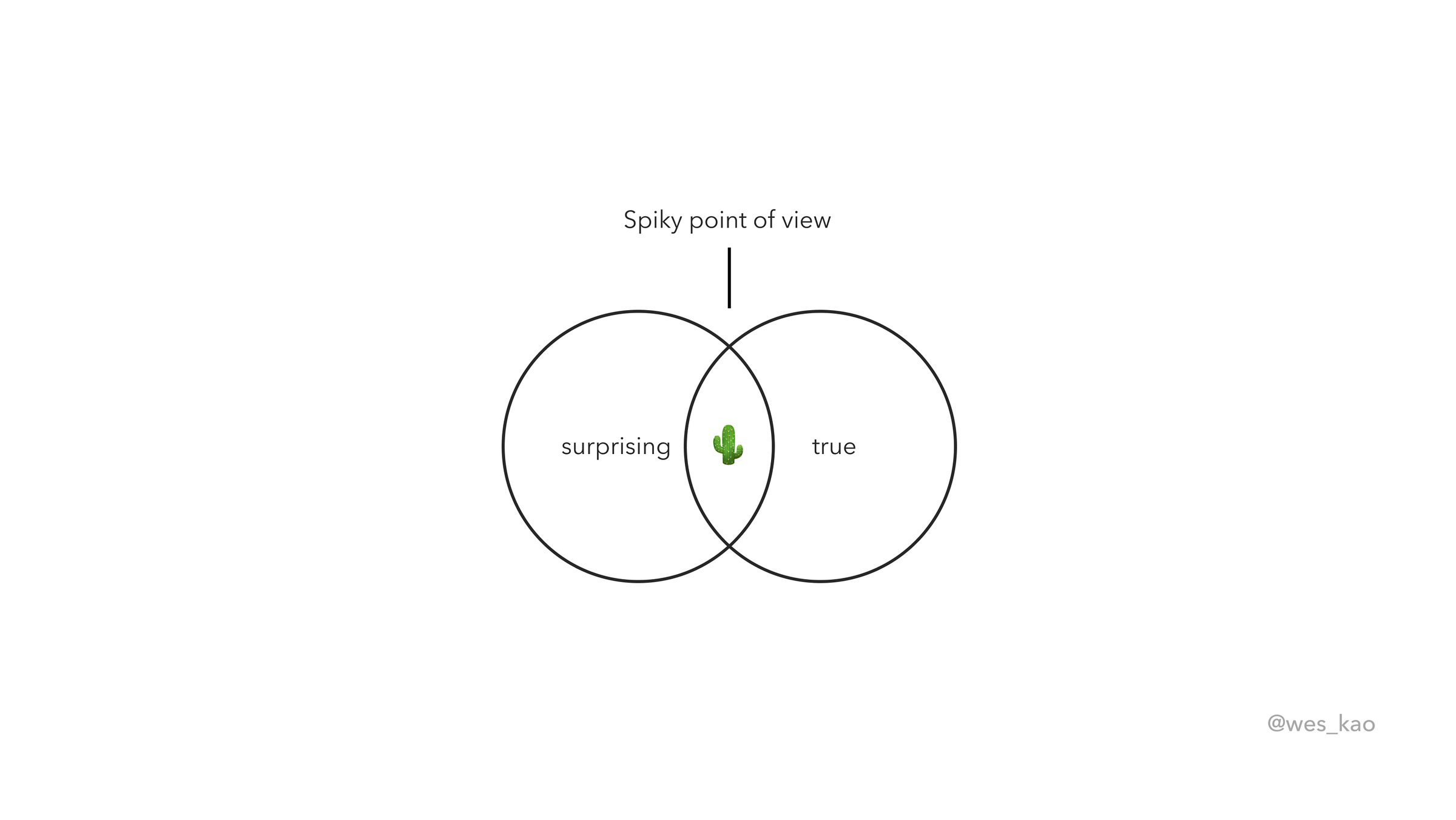Forget Better: Focus on Different
Accentuate the Exceptional
It’s difficult to compete with Tiger Woods, Roger Federer or Mike Tyson, because only one can be the best.
Yet that’s precisely what most people try to do: be the best.
When someone writes their resume, they try to seem the best out of all the candidates. They’re effectively trying to outcompete candidates who look better on paper.
Better frequently turns into a race to the bottom. Where you’re competing with other people who are simply better than you (on paper).
What you should be doing instead: lean into what makes you different.
Google Docs wasn’t better than Microsoft Office. If Google had tried to be better than Office, it would have failed. Google Docs had a wholly different focus: collaboration.
The Nintendo Wii wasn’t better than the Xbox 360 or the PlayStation 3. It focused more on casual gamers and family. It did so by using simple graphics and a motion-oriented gaming controller anyone could pick up and understand.
Nespresso isn’t better than a half-decent espresso machine. Nespresso offered people who are in a hurry to leave their home near barista-quality coffee with a single press of a button.
Sliced bread isn’t better than unsliced bread. It’s easier and goes stale quicker.
It’s different.
Accentuate the Exceptional
Especially today, where everyone is drowning in noise and AI-generated slop: focus on what makes you different.
Peter Thiel famously always asks the following question during interviews:
“What important truth do very few people agree with you on?”
Wes Kao calls this a Spiky Point of View:
Here are some examples of some Spiky Point of Views I hold:
Agile and Product Management Maturity Models are a waste of time. It doesn’t matter what rung of the ladder you’re on, because these ladders are imaginary constructs. They are gross over-simplifications of reality. What matters is identifying and resolving the obstacles that are part of your unique situation. The goal isn’t to climb the ladder, but to fix your problems. I prefer to focus on that. Maturity Models, at its best, are a distraction. At its worst, they prevent you from fixing the real problems you’re facing.
Strong collaboration on requirements is more important than writing down requirements perfectly. Even if you write something down perfectly, it will be misunderstood. If you collaborate on something and write it down together, then we will be writing something down we already understand. What we write down simply becomes a reminder of what we already know.
If our solutions are never too simple, you can be sure they’re too complex. You should build solutions where you have some doubts whether they will work. Then you can be sure that whatever you will add later is really necessary. Of course, you must do this in a way that preserves reversibility and optionality as much as possible.
Better coordination doesn’t fix poor collaboration. Big room planning, Scrum of Scrums, or dependency management don’t fix poor collaboration. If poor collaboration is your problem, focus on fixing that instead. Seeing better coordination as the solution will only make your collaboration worse.
The more we try to prevent sucking at predicting, the more we will guarantee to suck at adapting. Over-fitting our plans causes our predictions to be wrong even more and hurts our ability to adapt, which means our predictions will be even more wrong.
To stand-out in a sea of noise, it’s important to have opinions AND remain open for other opinions. Expressing your opinion is not about being right, but having a discussion or conversation where your might learn something new.
Yes, you might scare some people off with your spiky points of view, but that doesn’t really matter.
You’re going to stand out. You’re different. You’re a human with an opinion, instead of a person who is telling what the interviewer wants to hear.
Spiky points of view build more credibility than being better on paper. Because to have a spiky point of view you need to know what you’re talking about. Plus they showcase your personality and experience.
In today’s job market, it’s worse to be bland than to be divisive.
Different is better than only better.




